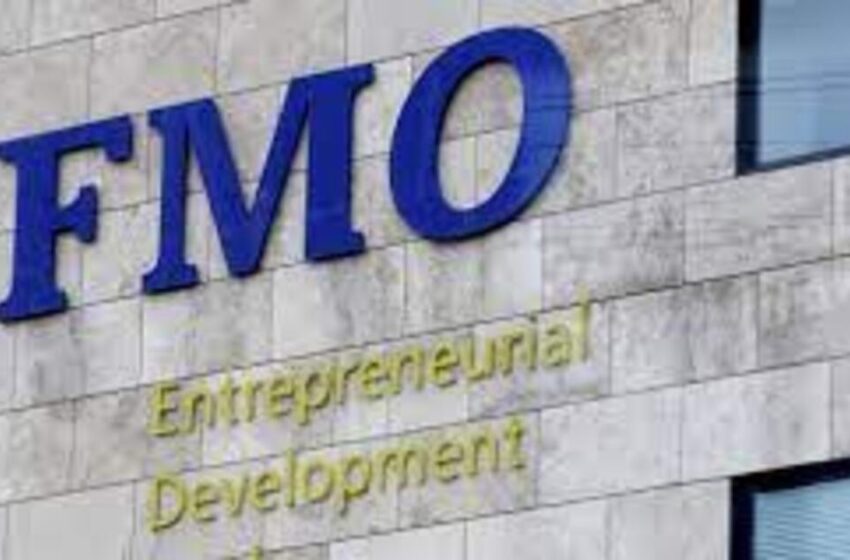
Dutch Bank FMO Lends $295 Million to Nigeria’s Access Bank
FMO, Dutch Entrepreneurial Development Bank, said that it has arranged a $295 million syndicated loan facility, to Access Bank, Nigeria’s largest lender by assets, to support underserved SMEs, such as those led by women and young people.
The facility, which is the largest ever syndicated loan arranged by FMO, is backed by a group of prominent development finance institutions (DFIs) and impact investors. They include British International Investment (BII), Belgian DFI BIO, BlueOrchard, FinDev Canada, Finnfund, Norfund, Swedfund and social investor Oikocredit.
The loan will expand Access Bank’s capital reserves and provide access to working capital for SMEs, at a time when many businesses in the country are struggling to stay afloat, battling economic turmoil and rampant inflation. Nigeria was home to almost 40 million micro small and medium-sized enterprises, providing 86% of employment and contributing 50% of GDP, according to 2022 figures from the World Bank.
One-third of Nigeria’s fast-growing population of 230 million is unemployed. The country has in recent years had to deal with a number of crises, including food shortages and rising prices for energy and staple foods such as rice. Inflation was 34.2% in June, according to the National Bureau of Statistics of Nigeria, which was a jump of 11.4% compared with the same month a year ago.
FMO’s CEO Michael Jongeneel said that the loan would provide significant support to the sector, notably in the underserved segments such as women and young entrepreneurs, improving financial inclusion and empowering local entrepreneurs in the agri-business and other SME sectors.
Access Bank is a commercial bank, which says it has more than 60 million customers and over 700 branches and service outlets in Nigeria, sub-Saharan Africa and elsewhere. It is part of Access Holdings, which has been listed in the Nigerian stock exchange since 1998.
Access Bank’s CEO Roosevent Ogbonna said that his bank has a long track record of support from FMO and other western financial institutions. The Tier II Facility agreement underscored “deep-rooted trust” between the bank and the Dutch lender, he said.
“For us at Access, this facility not only enhances our capital reserves but also strengthens Africa’s trade capabilities and export potential. Putting these funds to use, we aim to catalyse growth across various sectors, stimulate business development, create jobs, and deepen financial inclusion,” he said.
BII
Jonny Baxter, British deputy high commissioner in Nigeria said the $50 million that BII was committing to the facility reflected the commitment of the UK DFI to deepen economic co-operation with the Nigerian government to boost growth and development opportunities.
“When smaller businesses and women entrepreneurs are economically empowered, their whole community benefits,” Baxter said.
Separately, BII has just published an annual review of its 2023 global spending commitments, with $936.45 million, or 61% of those going to Africa. BII said its Africa portfolio now totals $5.6 billion across 812 businesses, providing almost 500,000 jobs directly.
Swedfund
West Africa’s Regional Director at Sweden’s DFI Swedfund Kitanha Toure said that they were committing $30 million to the facility. Access Bank’s strong market presence and focus on small businesses makes it an effective partner to reach MSMEs in need of financing in Nigeria.
Swedfund expects its investment to contribute to the creation of jobs, as well as improved access to finance for rural and underserved groups, including female- and youth-owned companies.















